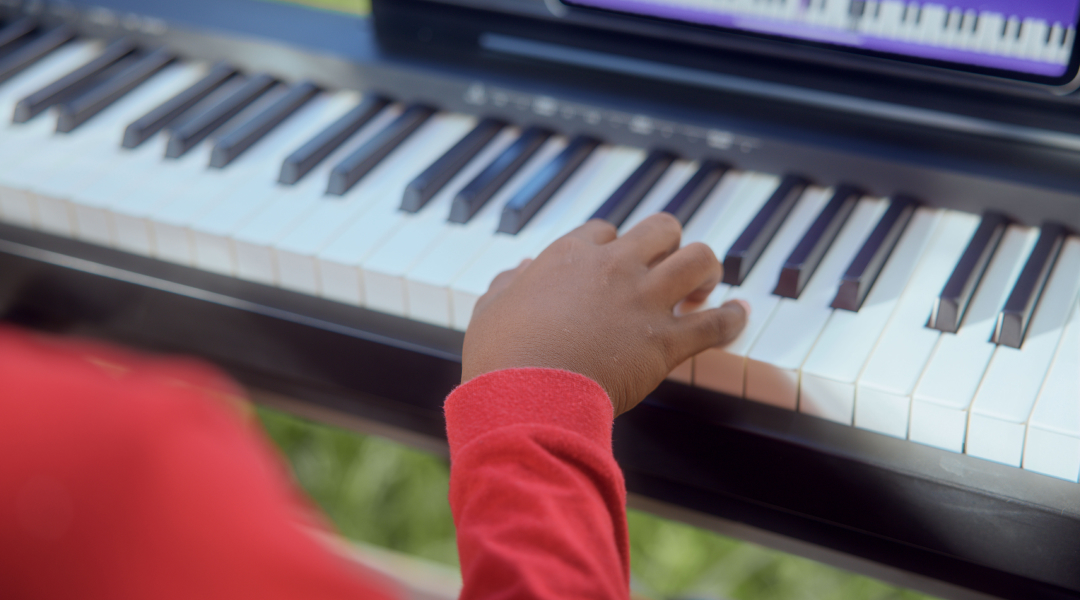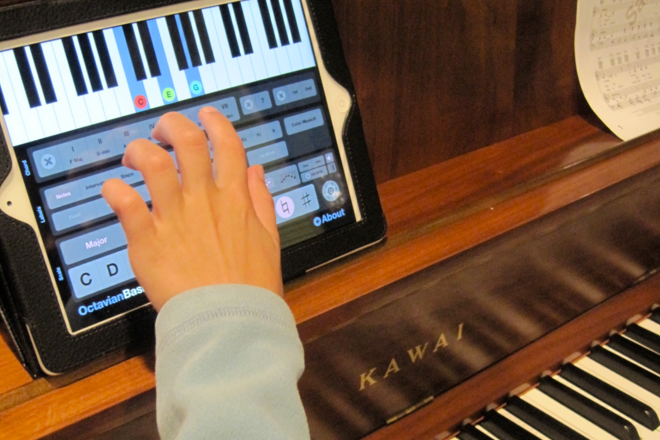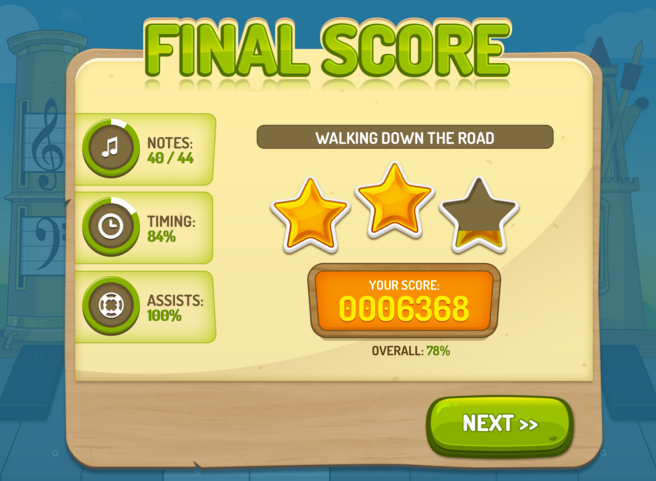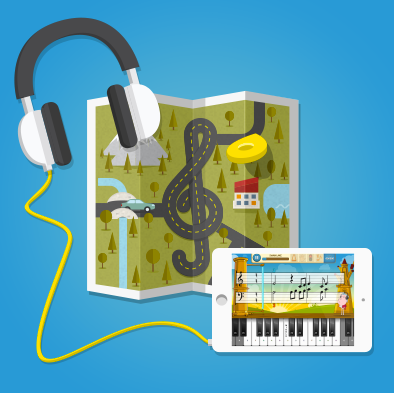Is Your Child Ready for Music Lessons?
Although not every person is destined to be a concert musician, everyone can be a music
maker, enthusiast and supporter. Giving your child the gift of learning music on any instrument is something to treasure, but finding the answers on how to provide this gift is not always easy. Here are some steps toward unlocking your child’s innate musicality and readiness.
How can I tell when my child is ready?
Encourage Exploration
- Purchase a keyboard instrument (a portable digital keyboard may do the trick but plan to upgrade when lessons begin) and let your child explore sound before enrolling in lessons.
- Once this exploration begins, notice how your potential musician gravitates and experiments at the keys.
- Download some music game apps such as Piano Dust Buster 2.0, The Most Addicting Sheep Game or Note Squish and invite your child to explore.
- If the keyboard and favorite apps receive regular visitation, this is strong evidence that your future maestro is ready to engage in lessons.
Prime the Potential
Some basic skills are involved in learning any instrument and it’s important that these fundamentals are developed before enrolling in lessons. An ideal candidate for instrumental lessons can:
- Say and sing the alphabet
- Count at least to 20
- Match pitch and sing songs with ease
- Identify the left from the right hand
- Cut with scissors
- Color and draw with markers, pencils, etc.
- Dance and move freely to music
- Clap and march with a steady beat
Consider early music education groups, which are perfect for young learners.
How do I know what instrument is right for my child?
The piano is the easiest instrument to begin exploring and eventually making music. Therefore enrolling your child in piano lessons may be a place to begin his/her music education. Once your budding musician is introduced to other instruments in school around 4th or 5th grade a shift in interest may occur.
How do I choose the right teacher?
Referrals from friends and acquaintances are your best bet for a good teacher. It's important for you to determine what your priorities are for your child's music education. Here are some things to consider:
- Some teachers may excel at preparing students to compete, while others may lean toward a more relaxed approach with fewer opportunities to compete or perform formally.
- Group lessons are a popular social setting which may best suit those who are still on the fence about studying an instrument while private lessons usually accommodate schedules more easily.
- Ask if the teacher offers encouragement and opportunities to perform, even casually. Performing instills discipline, motivation, confidence and is good experience for public speaking.
- A good question to ask during your chat with a teacher is “What methods and tools will you use to help my child progress in his/her music skills?”
Music lessons are a worthy investment toward a gift that lasts a lifetime.
Happy music making!









